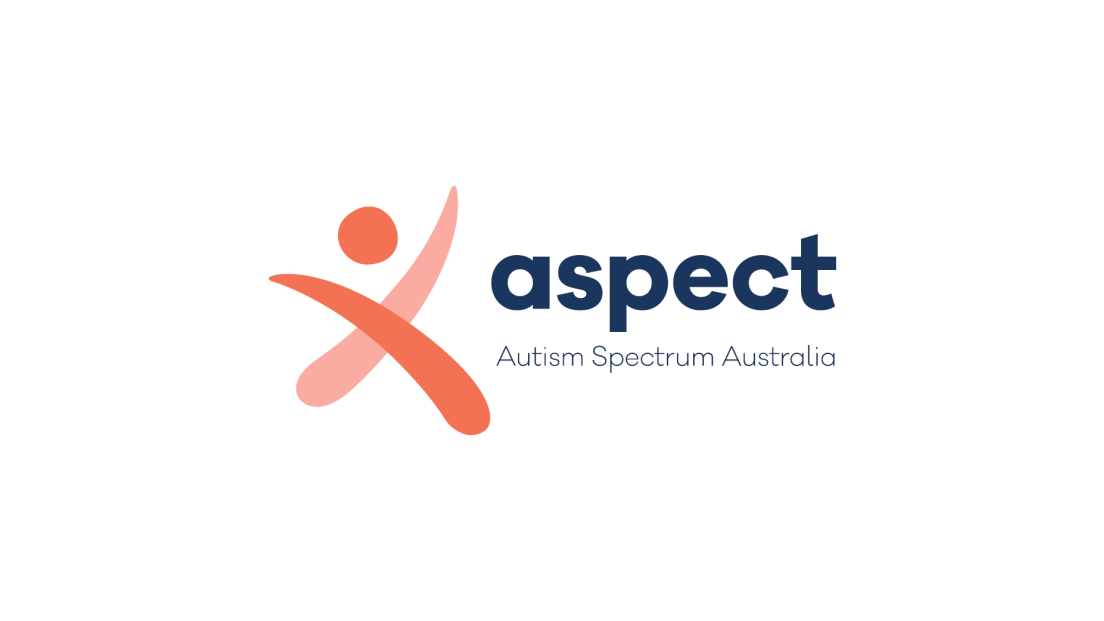Overwhelmingly, people just don’t understand what autism is…
Sydney, Australia: More than three thousand social media conversations across Reddit and Twitter have been assessed by researchers from the Aspect Research Centre for Autism Practice (ARCAP) to gain insights into autism disclosure, revealing most people have a narrow understanding of what autism actually is.
The 3,121 posts, which were collected from 2020-2022, provide a raw look at the daily life of Autistic people and the harsh experiences they encounter specifically after disclosing their diagnosis/identity to colleagues, employers, healthcare professionals, partners, friends and family members.
The research team wanted to gain insight into what disclosure was like for Autistic people. The conversations they uncovered were sensitive and emotive and revealed the thought processes behind a decision to disclose, with many posts sharing a similar theme of rejection, exclusion, frustration and burden.
The key finding from analyses that looked for common themes amongst the data was that society does not understand autism, which creates problems for Autistic people in work, dating, healthcare and mental health. Three other significant findings were that:
- Autistic people should be entitled to privacy and be treated with respect, regardless of whether they disclose or not.
- Autistic representation can help society.
- Non-autistic people need to do more to help Autistic people.
Dr Chris Edwards, Postdoctoral Researcher at ARCAP said the findings support the need for more autism advocacy, better media representation and more public role models.
“Increasing the accuracy of autism understanding across society will mean that Autistic people can feel safer to disclose if they want to,” said Dr Edwards. “Many posts called for different forms of media to promote more accurate and diverse portrayals of autism, rather than reinforcing stigma and discrimination.
“Some of the comments highlighted the frustrations around common images of Autistic people being geniuses akin to Sheldon from The Big Bang Theory, which does not reflect the huge variance among Autistic people and is doing the majority a dis-service, especially when they consider sharing their own Autistic identity.
“In addition, a major theme in the data highlighted the onus on Autistic people to adapt to a neuro-typical society which often comes in the form of masking to fit in, which can be exhausting and challenging. The posts show a strong sentiment among Autistic people wanting society to take on some of the burden by way of providing appropriate accommodations to ensure optimal acceptance and support can be received.”
The new research, which involved social media posts from across the globe, demonstrated that Autistic adults frequently experience society’s lack of understanding of autism whether they disclose or not, through comments such as:
“I'm terrified they would either invalidate me and tell me I don't fit their image of autism, or that they would start treating me differently. I want to be treated like anyone else, even if I know that I'm different.”
“I'm just so sick of the first thing they say about me being that I am autistic. It's not like I'm even a human to them.”
“I regret ever telling people I am autistic… And I think in some ways management thinks I need special treatment because of it, when really I just need to be treated like a human being.”
Dr Abigail Love, Research Officer at ARCAP commented on the use of social media mining and its instrumental role in helping to learn about the experiences of the Autistic community.
“This research technique complements traditional methodologies like one-on-one interviews or online questionnaires. We can gather diverse perspectives from users of social media and learn about the real-life problems of people across cultures, genders, ages, socio-economic backgrounds and geographical locations. This method also means we can remove the researcher bias and make up for a lack of voluntary participants – as traditional research can be limited by participants who volunteer for a study.
“By reviewing the transparent and honest insights that people share via social media, we can better inform programs and support services to meet the genuine needs of Autistic people, and also pinpoint some of the obvious misconceptions in the general public that need to be addressed,” said Dr Love.
This study is one of three investigations into autism disclosure. To communicate the results of this research, Autism Spectrum Australia has created resources to assist both Autistic and neuro-typical people when it comes to disclosure, including fact sheets and webinars.
More information:
Rachel Rizk rrizk@autismspectrum.org.au 0466 827 556
Karen Keech karen@establishedpr.com.au 0411 052 408
About Aspect and ARCAP
Autism Spectrum Australia (Aspect) is Australia’s largest autism-specific service provider, with one of the world’s biggest autism-specific schools programs. A not-for-profit organisation, we work in partnership with people of all ages on the autism spectrum and their families to deliver distinct services, practices and research that recognise a different brilliant® - understanding, engaging and celebrating the strengths and interests of people on the autism spectrum.
The Aspect Research Centre for Autism Practice (ARCAP) the research arm of Aspect. We conduct participatory research that is translated into respectful, proven practices to positively impact the lives of Autistic people, their families and carers.



